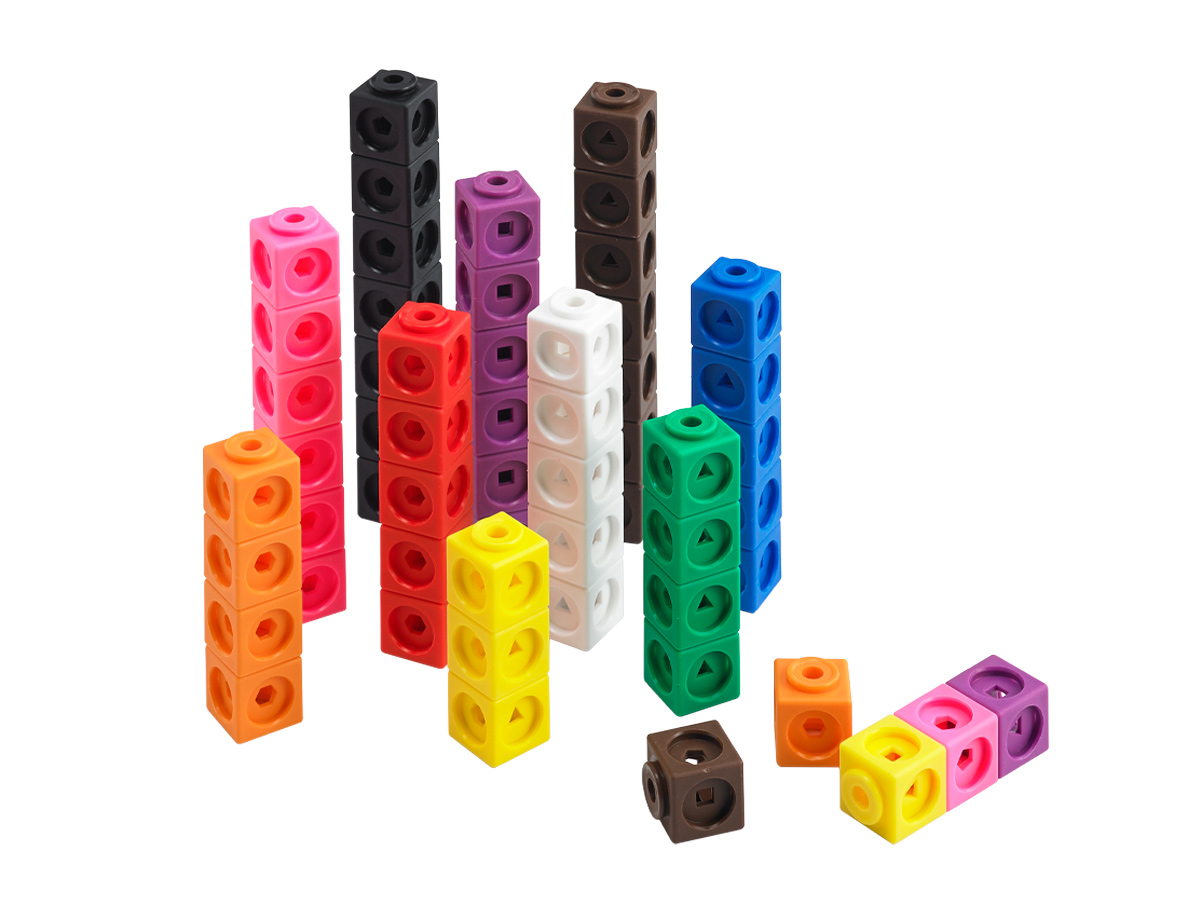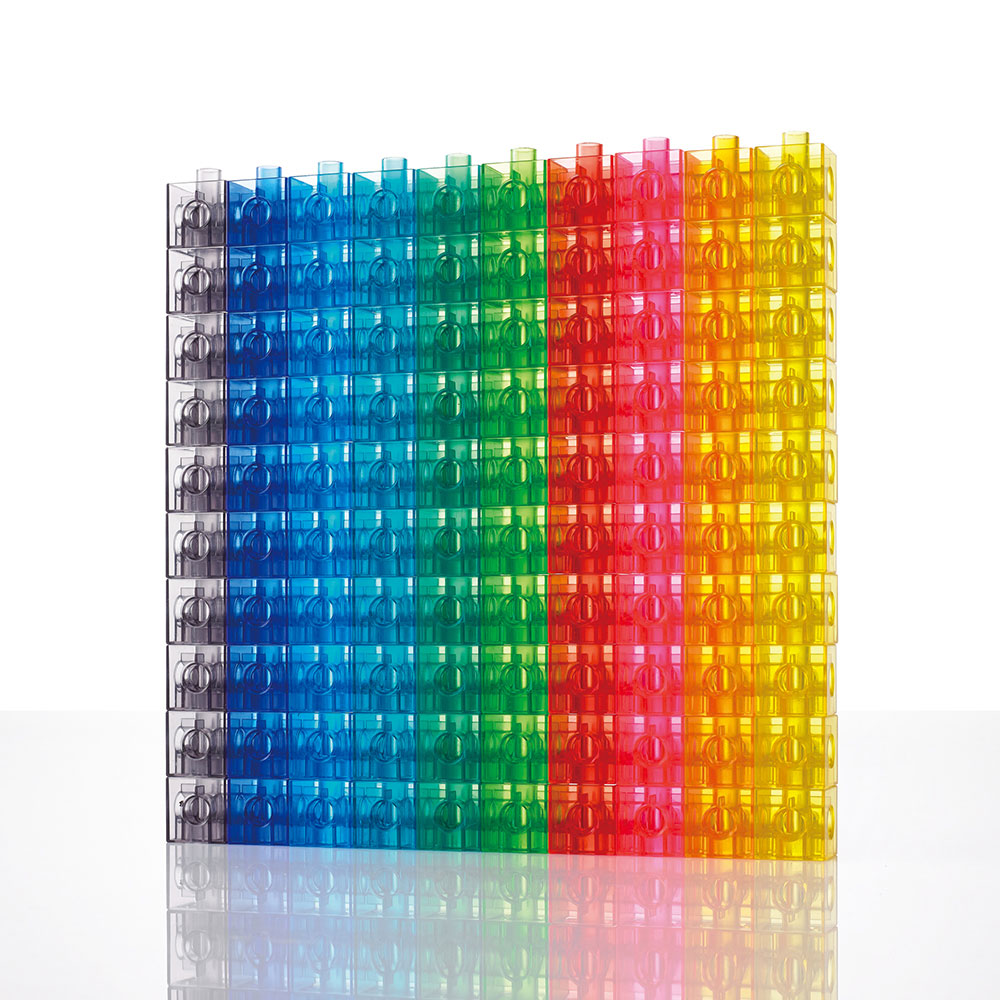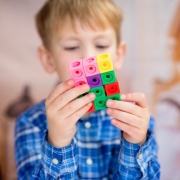Can fidget toys help with anxiety?
Exploring the Benefits of Fidget Cubes
With so many activities for children, caregivers working in this fast paced environment, stress and anxiety have become ubiquitous challenges that affect millions of individuals across the globe. Whether it’s the pressure of school or personal issues, anxiety can take a toll on mental well-being.
Fortunately, there’s a growing trend that suggests a simple solution: fidget toys. These unassuming gadgets, such as fidget spinners, cubes and stress balls, have gained popularity for their potential to relieve stress and anxiety, and improve focus.
We look at the world of fidget toys, exploring how they can be valuable tools in the quest to relieve anxiety, enhance mental well-being and the fidget products Edx Education have to offer.
Understanding Stress and Anxiety
Before delving into the role of fidget toys in relieving anxiety, it’s essential to understand what stress and anxiety are and how they impact our lives.
Stress is the body’s natural response to perceived threats or challenges, releasing hormones like cortisol and adrenaline to prepare us for a “fight or flight” response. While short-term stress can be beneficial in certain situations, chronic stress can lead to various physical and mental health problems, including anxiety.
People with anxiety suffer from a complex emotional state characterised by excessive worry, fear, and nervousness. Anxiety disorders, such as Generalised Anxiety Disorder (GAD) and Social Anxiety Disorder, can severely disrupt daily life.
Managing anxiety can be challenging, and while there are medications and therapies available, many people are seeking alternative methods, including fidget toys, to find relief.
The Role of Fidget Toys in Relieving Anxiety Disorders
Fidget toys for anxiety are designed to provide a sensory experience that can help individuals relax and reduce stress. The repetitive movements involved in using these toys can be soothing, allowing people to redirect their attention away from anxious thoughts involved with the following disorders, toward the calming sensation of the fidget tool:
- Generalised Anxiety Disorder (GAD): GAD is characterised by excessive worry and a constant state of anxiety. Fidget toys can offer individuals with GAD a tangible way to manage their anxious feelings. By providing a harmless outlet for nervous energy, these toys can help reduce the intensity of anxiety symptoms.
- Social Anxiety Disorder: People with social anxiety often struggle with overwhelming fear in social situations. Fidget toys can discreetly provide comfort in such situations, helping individuals maintain composure and stay focused on the present moment rather than succumbing to anxiety-induced self-consciousness.
- Attention Deficit Hyperactivity Disorder (ADHD): ADHD is associated with impulsivity, hyperactivity, and difficulty concentrating. Fidget toys can serve as tools to redirect excess energy, improve concentration and enhance focus. They provide a constructive outlet for physical restlessness, allowing individuals with ADHD to concentrate better on tasks.
- Obsessive-Compulsive Disorder (OCD): OCD is characterised by intrusive thoughts and compulsive behaviours. Fidget toys offer individuals a healthier alternative to compulsive actions, providing a distraction from their obsessions and reducing anxiety.
Read more about which fidget toys are helpful for children with attention deficit hyperactivity disorder in our blog: Are fidget cubes for ADHD?
Exploring Popular Fidget Toys
- Fidget Cubes: Fidget cubes are small, handheld devices that connect with a satisfying ‘click’ as you feel them ‘snap’ together. Perfect to keep hands and minds occupied. Connect, build, snap and twist the Edx Education UK fidget toy pack of 100 Fidget Cubes or Edx Education USA fidget toy pack of 100 Fidget Cubes. Each pack includes 10 different colours and 5 shapes. These sensory fidget cubes connect with a satisfying ‘click’ as you feel them ‘snap’ together.
- Stress Balls: Stress balls are quiet, soft, malleable objects that can be squeezed and kneaded. The physical act of squeezing a stress ball can release pent-up tension and promote relaxation. These simple yet effective tools have long been associated with stress relief.
- Fidget Spinners: Perhaps the most recognisable fidget toy, the fidget spinner is a small device with a centre bearing and multiple blades that spin when flicked. While they initially gained popularity as a trendy toy, fidget spinners have proven to be more than just a passing fad. Many people have reported that the rhythmic motion of spinning helps them relieve stress and anxiety.
Read more in our blog on the importance of fidget toys for children: How do fidget toys help?

How Fidget Toys Work
Fidget toys function on the principle of sensory stimulation. When individuals engage with these toys, they stimulate their senses through touch, sight, and sometimes sound. This sensory input can have a calming effect on the nervous system, helping individuals feel more grounded and less anxious.
For example, spinning a fidget spinner provides a visual and tactile experience. Watching it spin and feeling the gentle resistance as it rotates can be mesmerising, diverting attention away from anxious thoughts. Similarly, fidget cubes offer various textures and actions that engage the senses, allowing users to refocus their minds.
Finding the right fidget toy will keep hands busy whilst helping concentration. In some situations, you might want to avoid fidget spinners because these can be visually distracting and possibly over-stimulate.
Choosing the Right Fidget Toy
Finding the right fidget toy to help with anxiety can vary from person to person. It’s crucial to choose the right fidget tool that suits your preferences and sensory needs. Here are some considerations:
- Texture and Sensation: Determine whether you prefer tactile sensations like clicking buttons, spinning objects, or squeezing. Different fidget toys offer distinct sensory experiences, so find one that resonates with you.
- Size and Portability: Consider the size and portability of the fidget toy. Some people prefer pocket-sized options they can carry everywhere, while others may opt for larger items they can use at a desk or home.
- Noise Level: Some fidget toys, like clicky buttons, may produce noise. If you plan to use the toy in quiet environments, choose one that doesn’t create distracting sounds.
- Durability: Ensure the fidget toy is durable enough to withstand regular use without breaking easily.
- Personal Preference: Ultimately, the best fidget toy is the one you find most comfortable and enjoyable to use. Experiment with different options to discover what works best for you.

Can fidget toys help with anxiety?
Yes, they certainly can. By engaging the senses and redirecting nervous energy, these unassuming toys can help people focus on the present moment and find relief from the grip of anxiety. While fidget toys may not be a one-size-fits-all solution, they are a testament to the power of simple, sensory-driven interventions in promoting mental well-being.
Shop our full range of educational products for children of all age groups, abilities and developmental stages here:
USA www.amazon.com/edxeducation
Edx Education – Heather Welch
To find your local Edx Education retailer head over to Where to buy – Edx Education.



 Edx Education
Edx Education